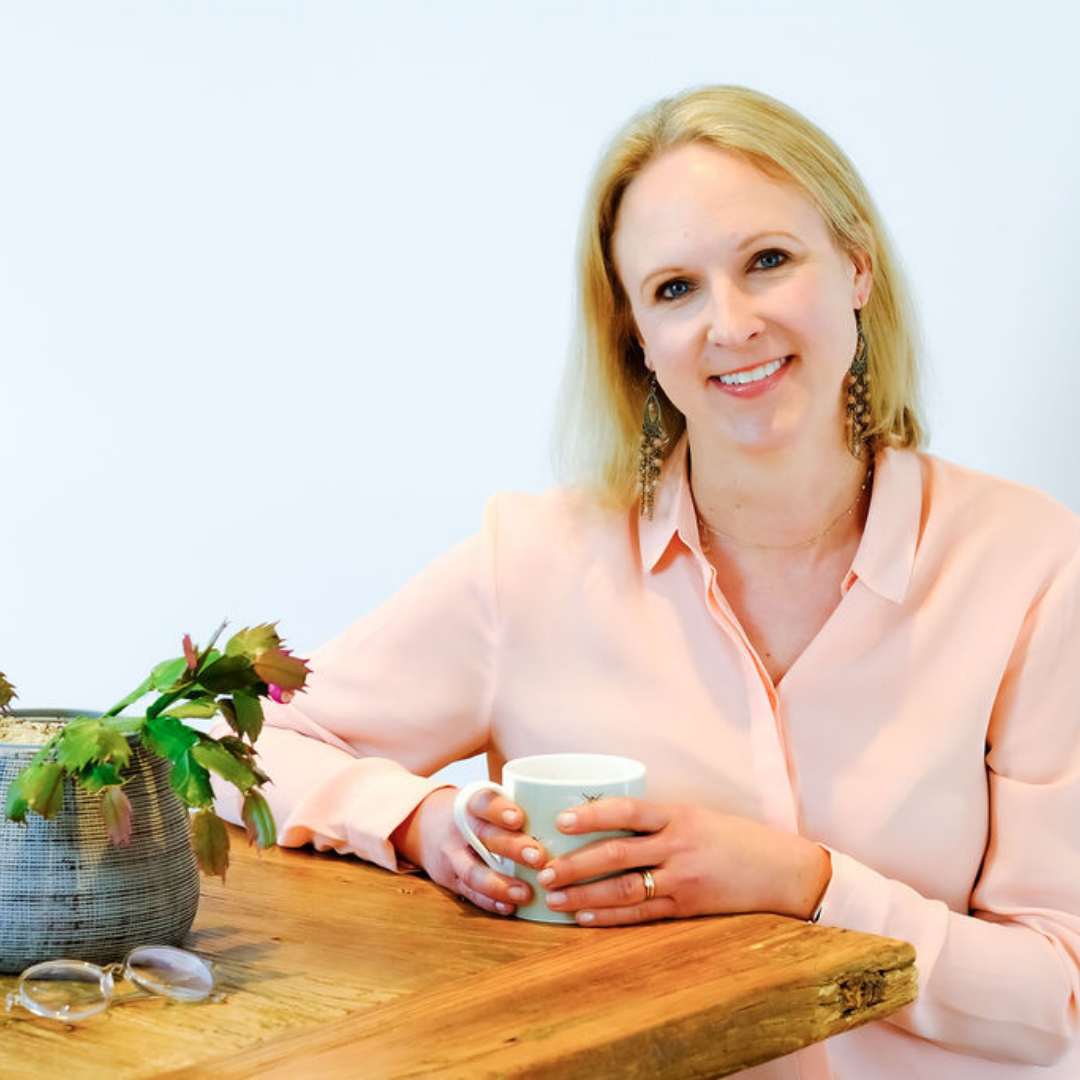Don’t make the same mistake as Dominic Cummings with your key donors

Dominic Cummings appears to be going to great lengths to hide the truth. His story of travelling to Barnard Castle to test his eye sight seems unlikely and ill-judged at best, insulting, patronising & contrived at worst. Any trust ratings of Cummings right now would surely be rock bottom and it’s easy to scorn his approach.
All of the bluster and spin got me thinking about the third sector – as charities when things haven’t gone quite to plan with projects, when we’ve made mistakes, we’ve often thought how we can spin the truth with our donors. We sometimes think that a project delayed will reflect negatively on our charity and discourage future support from key individuals. We might get a sinking feeling when we read survey results from a new project – the transformation we hoped to see in our beneficiaries lives in reality is not quite as dramatic as we’d hoped. I remember managing a capital appeal and being terrified when we realised there could be a pause in the build. We became preoccupied with how we would explain this to key major donors and funders. We spent much time ‘spinning’ the challenges we were facing delivering our work.
And no wonder. Innovation and failure aren’t yet widely seen as a positive and inevitable part of progress in the non-profit sector. In his world-famous Ted Talk, Dan Pallotta talks about the inability for charities to take risks compared to the for profit sector.
Yet many of your major donors and funders will be in the world of business. They are well aware that projects don’t stay stagnant, that challenges crop up continually, that mistakes get made, that progress doesn’t get made without risk. It is how these challenges are dealt with and communicated, and what your charity learns from them that’s key. This will not be lost on your donors.
When working with CEOs and fundraising leads I often see the dread of telling bad news. So the call to update the donor is put off, the report that’s due is cobbled together with an unrealistically positive spin and emailed across (with the hope no questions will come back.)
Yet most of the time, when someone in the charity has had the difficult conversation , it’s been rewarded – with understanding, and appreciation for the learning that things not going 100% brings. A disability charity I worked with phoned a key funder when a project had to be delayed because they hadn’t raised enough from other sources. They thought that would reflect really badly on them – a failure in getting others to support the project. In reality the donor understood what a challenge it was, knew that the charity wasn’t an obvious cause to support, and offered to increase their contribution to the project.
So although it might be uncomfortable, remember to do what Dominic Cummings and the government haven’t – have honest conversations with your donors that build trust and respect of you and your charity. Don’t try and pull the wool over their eyes – because they’ll spot it a mile off, just as those of us who watched the bank holiday Monday briefings by Cummings and Johnson did.

Louise Morris is the Founder of Summit Fundraising. She is a major donor fundraising specialist and has worked with over 200 charities helping them raise large gifts.
